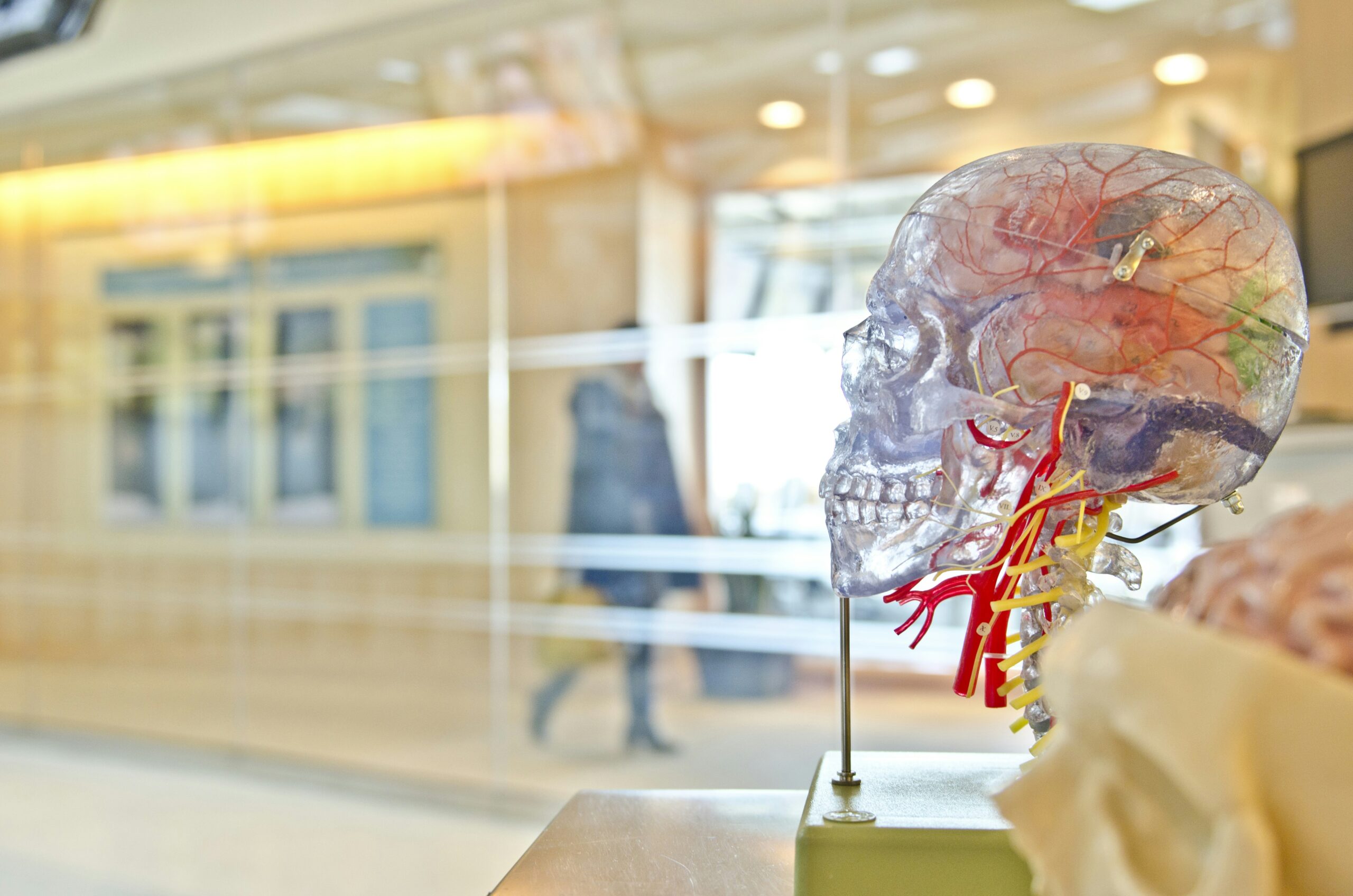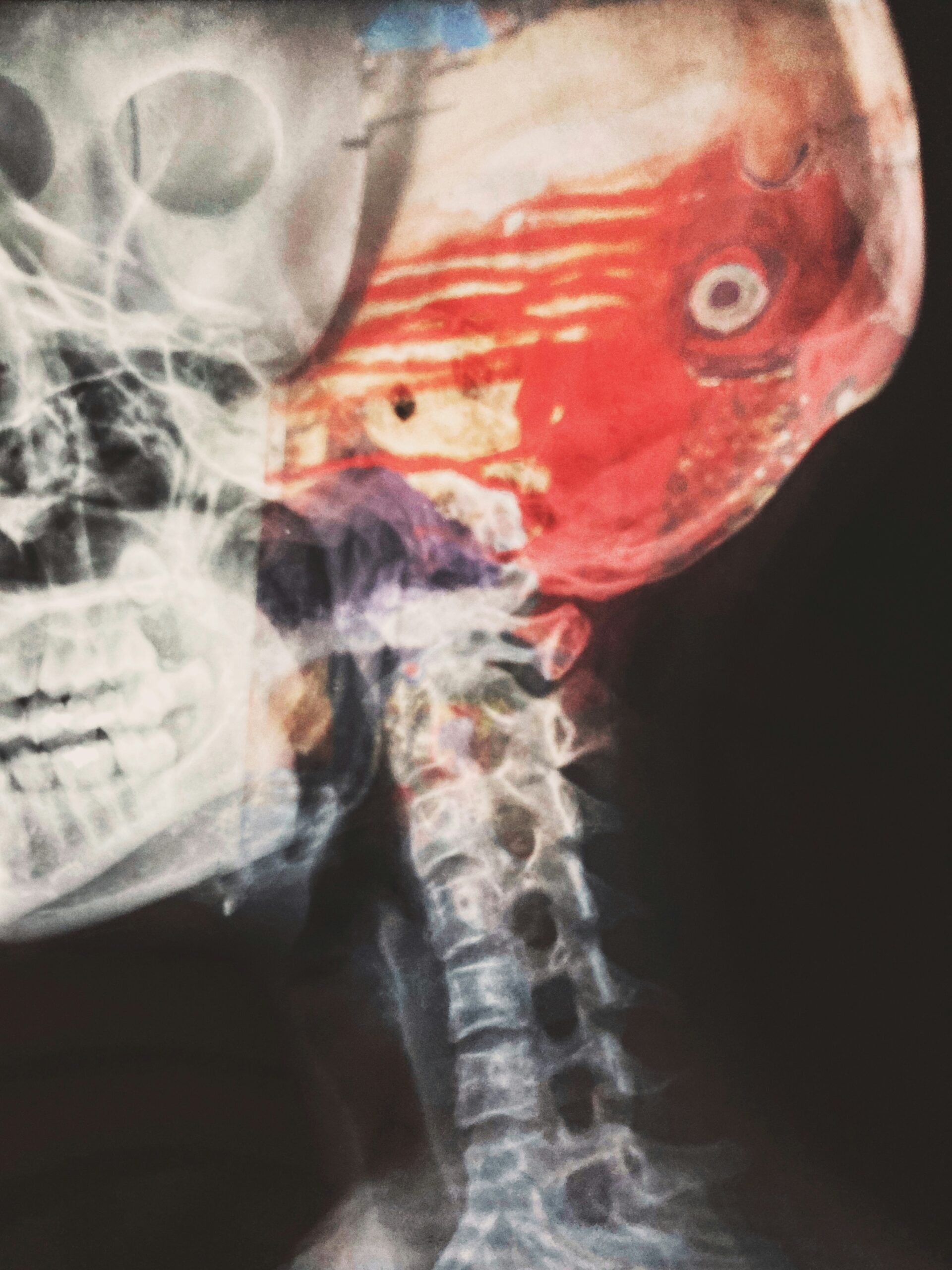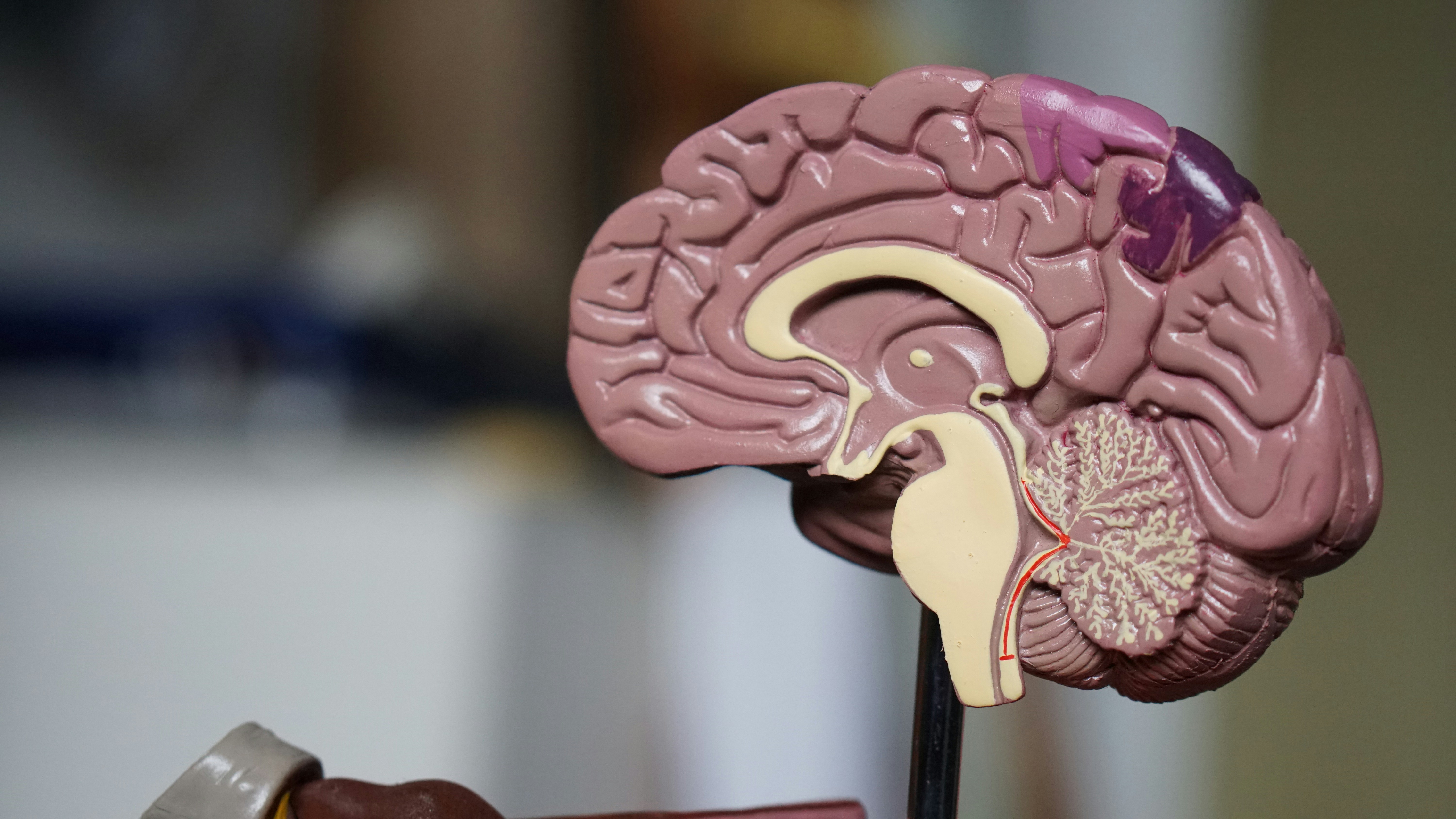Have you ever wondered if cognitive decline is just a natural part of aging, or if there's more to the story? This is a question that piques the curiosity of many. As the years pass, watching our loved ones age gracefully or even pondering our own aging process can bring this question to the forefront. Understanding the relationship between aging and cognitive decline can help demystify this complex process, offering insights and potential strategies for maintaining cognitive health.
Understanding Cognitive Decline
Cognitive decline can be unsettling, often raising concerns about memory loss, diminished concentration, and reduced problem-solving abilities. Cognitive decline refers to the gradual decrease in cognitive abilities such as memory, attention, and critical thinking skills that some individuals experience as they age. While some level of decline might be considered a normal part of aging, distinguishing between normal aging and pathological cognitive decline is crucial for early intervention.
Cognitive Domains Affected by Aging
There are several cognitive domains frequently affected by aging:
- Memory: This includes both short-term and long-term memory, with older adults often experiencing more difficulty remembering new information.
- Attention: Aging can impact your ability to focus for extended periods or juggle multiple tasks simultaneously.
- Executive Function: This relates to complex task management, including planning, organization, and flexible thinking.
- Processing Speed: The capacity to interpret and respond to information slows down with age.
Appreciating these areas can help us understand the typical spectrum of cognitive changes accompanying aging, setting the stage for identifying deviations linked to pathological decline.
Aging: A Biological Perspective
Exploring aging from a biological viewpoint reveals significant transformations occurring within the brain. As you age, the brain experiences changes in structure and function, some of which might contribute to cognitive decline.
Neurological Changes
Throughout the aging process, the brain undergoes a series of transformations:
- Brain Shrinkage: Certain brain areas, notably the prefrontal cortex and hippocampus, may shrink, affecting memory and cognitive function.
- Neuronal Loss: While once believed to be a significant factor, recent research suggests that neuron loss is relatively limited.
- Neurotransmitter Changes: The levels or effectiveness of neurotransmitters like dopamine and acetylcholine might decline, affecting cognitive processes.
Understanding these transformations can support identifying when changes exceed what's expected during normal aging.
Genetic and Environmental Factors
Genetic predispositions and environmental influences interact intricately in the aging process. Family history, lifestyle choices, and health conditions all contribute to how you age cognitively. Recognizing these factors allows you to take action to potentially mitigate cognitive decline through lifestyle alterations and health management.

Differentiating Normal from Pathological Aging
Distinguishing normal cognitive changes from conditions like mild cognitive impairment (MCI) and various dementias is pivotal to addressing and managing cognitive decline.
Normal Aging vs. Mild Cognitive Impairment (MCI)
MCI represents a transition stage between the expected cognitive decline of normal aging and more serious conditions like dementia. It’s characterized by noticeable cognitive issues that are not severe enough to interfere significantly with daily life. Acknowledging these subtleties can guide proactive approaches to health monitoring.
Dementia: An Umbrella Term
Dementia serves as an umbrella term for conditions with severe cognitive decline, affecting daily tasks and quality of life. Alzheimer's disease is the most common form but is not synonymous with all cognitive impairments. Understanding the distinctions among dementias can aid diagnosis and treatment planning.
Research Insights
The field of cognitive aging is rapidly evolving, with research delving into the causes and potential interventions for cognitive decline.
Advances in Understanding
Research has illuminated the complex mechanisms underlying cognitive decline, uncovering potential contributors such as oxidative stress, inflammation, and vascular health.
The Role of Lifestyle
Studies increasingly focus on how lifestyle factors influence cognitive health. Diet, exercise, cognitive engagement, and social connections are subjects of significant interest, with research suggesting potential protective benefits.
Strategies for Maintaining Cognitive Health
Current scientific understanding encourages a multi-faceted approach to preserving cognitive function as you age, emphasizing lifestyle and mental well-being.
Exercise: A Brain Booster
Physical activity is strongly associated with maintaining cognitive function. Regular exercise enhances blood flow, reduces inflammation, and promotes neurogenesis, offering a comprehensive benefit to your brain health.
Nutrition: Feeding Your Brain
A balanced diet is crucial for supporting cognitive function. Diets rich in antioxidants, healthy fats, and essential nutrients like omega-3 fatty acids can bolster brain health and potentially delay cognitive decline.
| Nutrient | Benefits | Sources |
|---|---|---|
| Omega-3 Fatty Acids | Supports brain function | Fish, flaxseeds, walnuts |
| Antioxidants | Protects against oxidative stress | Berries, leafy greens, nuts |
| Vitamins B6 and B12 | Supports brain health | Poultry, fish, eggs, dairy products |
Mental Stimulation: Engaging Your Mind
Regular mental challenges can stimulate neural plasticity and resilience. Engaging in activities like puzzles, learning new skills, and engaging in cultural activities can help sustain cognitive functioning.
Social Connections: The Power of Engagement
Social interaction serves a vital role in cognitive health. Strong social networks provide mental stimulation and emotional support, reducing the risk of cognitive decline by keeping you connected and engaged.
The Role of Technology in Cognitive Assessment
Technological advancements offer novel methods for monitoring and managing cognitive decline. These developments can aid early detection and treatment.
Cognitive Evaluation Tools
Emergence of digital cognitive tests allows for regular and accessible evaluations. These tools offer potential for earlier interventions by providing a broader picture of your cognitive health over time.
Telehealth and Remote Monitoring
Telehealth platforms enable easier access to healthcare professionals, facilitating cognitive assessments, interventions, and follow-ups from the comfort of home.

Cognitive Enhancement: More Than Just a Myth?
The quest for cognitive enhancement has led to exploration of supplements, medications, and lifestyle interventions aimed at elevating cognitive abilities.
Pharmacological Approaches
Medications like nootropics and cognitive enhancers are touted for their potential to improve brain health. However, researchers assess their efficacy and safety through ongoing studies.
Non-Pharmacological Interventions
Emphasis is placed on non-pharmacologic strategies, including mindfulness, meditation, and brain training programs that promote cognitive health and well-being.
Looking into the Future
The future of cognitive health research is bright, with promising directions that might transform the aging experience.
Future Directions in Research
Ongoing research strives to clarify the underlying mechanisms of cognitive decline, aiming to unearth robust interventions that can effectively slow or prevent it.
The Promise of Personalized Interventions
As understanding of genetics and individual biology expands, the potential for personalized interventions tailored to your unique genetic and environmental background becomes increasingly attainable.
Conclusion
In considering whether cognitive decline is an inevitable aspect of aging, it’s clear that while some change is typical, differentiated approaches can manage severe decline. Reflecting on cognitive health invites pursuit of balanced lifestyle efforts, proactive monitoring, and advancing science to support sustained mental vitality across the lifespan.
Grasping the intricacies of cognitive decline unfolds pathways to maintaining cognitive function and enhancing quality of life as you age. Supporting research efforts and lifestyle practices can pave a future where cognitive health is preserved, allowing you to embrace every moment in full cognitive clarity.

